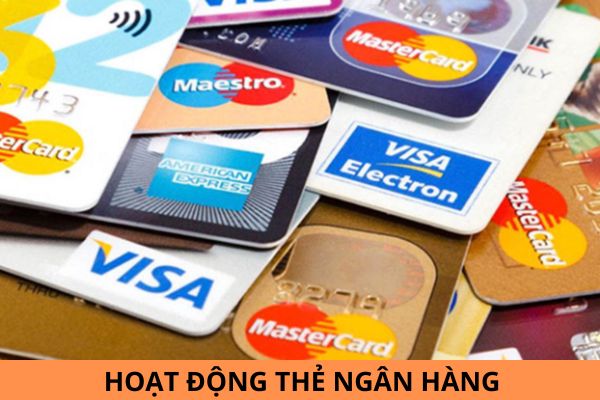Is it required to use high-value payment services for interbank payment orders with a value of 500 million VND or more starting from August 15, 2024 in Vietnam?
Is it required to use high-value payment services for interbank payment orders with a value of 500 million VND or more starting from August 15, 2024 in Vietnam?
Is it required to use high-value payment services for interbank payment orders with a value of 500 million VND or more starting from August 15, 2024 in Vietnam?
According to Article 10 of Circular 08/2024/TT-NHNN, the regulations on the use of national interbank electronic payment services are as follows:
Regulations on the use of payment services:
1. Payment orders in Vietnamese dong with a value of 500,000,000 VND (five hundred million dong) or more must use high-value payment services.
2. Payment orders in Vietnamese dong with a value less than 500,000,000 VND (five hundred million dong) may use either high-value payment services or low-value payment services.
3. Payment orders in foreign currency must use foreign currency payment services.
As regulated above, starting from August 15, 2024, interbank payment orders in Vietnamese dong with a value of 500 million VND or more must use high-value payment services.
For payment orders in Vietnamese dong with a value less than 500 million VND, they can choose to use either high-value payment services or low-value payment services.
Is it required to use high-value payment services for interbank payment orders with a value of 500 million VND or more starting from August 15, 2024 in Vietnam? - image from internet
What information is included in the validation of national interbank payment orders?
According to Article 13 of Circular 08/2024/TT-NHNN, the regulations regarding the validation of payment orders are as follows:
Validation of payment orders
During the usage process, members and legal entities responsible for the legality of the documents used to create payment orders at their units shall verify the validity of the payment orders. The validation process includes the following information:
1. Type and format of the data.
2. Validity (authority) of the order creator, order controller, and order approver.
3. Date, month, year.
4. Uniqueness.
5. Mandatory elements for payment orders.
6. Confirmation code of electronic messages.
7. Participant unit code, terminal equipment code, and order approver code.
As regulated above, the validation of national interbank payment orders involves checking the following information:
- Type and format of the data.
- Validity (authority) of the order creator, order controller, and order approver.
- Date, month, year.
- Uniqueness.
- Mandatory elements for payment orders.
- Confirmation code of electronic messages.
- Participant unit code, terminal equipment code, and order approver code.
What is the process of creating payment orders initiated from electronic documents in the national interbank payment system in 2024 in Vietnam?
According to Clause 2 Article 12 of Circular 08/2024/TT-NHNN, the process of creating payment orders initiated from electronic documents in the national interbank payment system in 2024 is as follows:
In cases where the payment order is initiated from electronic documents within the internal systems of members or legal entities, the following requirements must be complied with regarding the structure and format of data, as determined by the State Bank Governor:
If the electronic document is valid but lacks certain information as specified in point a of Clause 1 of Article 12 of Circular 08/2024/TT-NHNN:
- The order creator shall supplement the missing content according to the requirements for creating payment orders.
The order controller and order approver shall verify the same elements as in the case of paper documents to ensure accuracy and electronically sign the payment order for transmission.
- If the electronic document is valid and contains all the required information as specified in point a of Clause 1 of Article 12 of Circular 08/2024/TT-NHNN, including the specialized electronic signature of the member, the entities may choose to manually sign the payment order using the electronic signature method or opt for automatic electronic signature on each payment order.
- If the electronic documents are valid, contain all the required information as specified in point a of Clause 1 of Article 12 of Circular 08/2024/TT-NHNN, and meet the conditions of security, safety, and data accuracy, the authorized person of the entities responsible for the decision-making and legal compliance may simply electronically sign the payment order.











